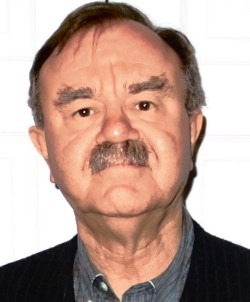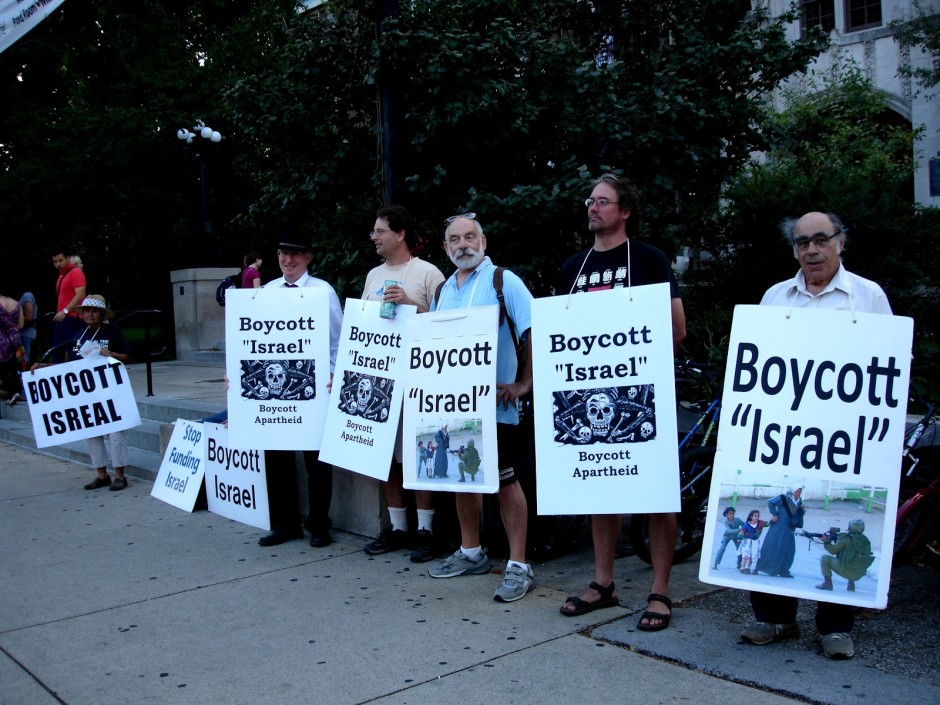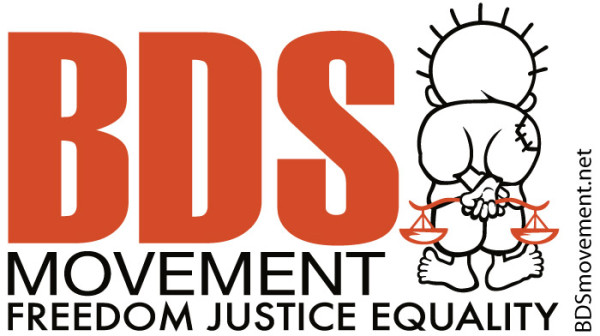
Like a snowball rolling downhill, the BDS (Boycott, Divestment and Sanctions) movement aimed at Israel keeps growing — especially among those who teach at universities.
That doesn’t bode well for future support for the Jewish state, since a whole generation of students — tomorrow’s politically-active citizens and voters — are increasingly exposed to the dogma of anti-Zionism.
The global BDS movement was initiated by Palestinian organizations in 2005, and is coordinated by the Palestinian BDS National Committee, a group of 27 organizations established in 2007.
It urges various forms of boycott against Israel until it ends its occupation of those lands occupied in June 1967; dismantles the separation wall dividing the West Bank from Israel proper; and makes Arab citizens of Israel fully equal, by dismantling the “Zionist” institutions of the state that privilege its Jewish population.
It also demands that Israel allow post-1948 Palestinian refugees and their descendants to return to their homes and properties within present-day Israel, as stipulated in UN General Assembly Resolution 194, passed in December 1948, following the first Arab-Israeli war.
Were all of this to come to pass, it is highly unlikely that Israel would remain a Jewish-majority state, or even continue to exist at all.
Israeli academic institutions are particularly targeted due to what the Palestinian Campaign for the Academic and Cultural Boycott of Israel (PACBI) calls their “persistent and deep complicity in planning, implementing and whitewashing crimes against the Palestinian people by Israel’s regime of occupation, settler-colonialism and apartheid.”
The U.S. Campaign for the Academic and Cultural Boycott of Israel (USACBI) leads the efforts aimed at spreading the academic boycott of Israel in the United States.
Its demands are resonating. On November 27, the National Women’s Studies Association (NWSA) voted by 88.4 percent to support the boycott; 653 people approved, while only 86 opposed.
The leadership of the NWSA (without consultation with the association’s Jewish Caucus) had sponsored official sessions in which speakers presented only one perspective in the BDS debate. These included a 2014 plenary in which no Israeli was asked to speak and after which attendees who had heard a litany of remarks against Israel were asked to stand in support of “freedom and justice for/in Palestine.”
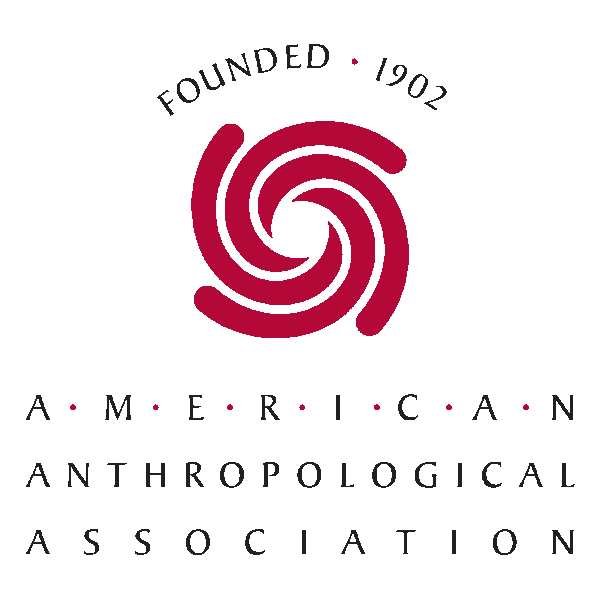
One week earlier, the general conference of the American Anthropological Association (AAA) voted to boycott Israeli academic institutions. The resolution, which passed with 1,040 votes in favor and 136 votes against, will go to a vote of the full membership in the spring. An anti-boycott resolution, on the other hand, was overwhelmingly defeated, with 1,173 against and 196 in support. The AAA is the largest American academic association to date to pass an academic boycott resolution.
These two associations join a growing list of scholarly associations and academics who approve of this form of punishing Israel, including the American Studies Association, the Association for Asian American Studies, the African Literature Association, the Critical Ethnic Studies Association, the Native American and Indigenous Studies Association, the National Association of Chicana and Chicano Studies, the Association for Humanist Sociology, and the Peace and Justice Studies Association.
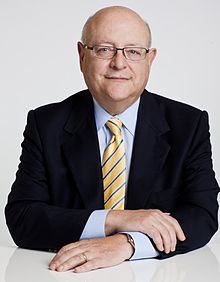
Some American academics are pushing back. Led by Mark Yudof, president emeritus of the University of California system, and Kenneth Waltzer, former director of Jewish Studies at Michigan State University, the Academic Engagement Network (AEN) has been formed to combat what it calls “Orwellian efforts to link Israel with a multitude of issues, from the shootings in Ferguson to high levels of student tuition.”
Network members will act as resources on their campuses and provide advice to academic colleagues on how to address anti-Israel and antisemitic activities without trampling on free speech. A manual, Academic Freedom and BDS: A Guide for University Presidents and Administrators, is in the editing stages.
AEN’s national advisory board members include psychologist Steven Pinker of Harvard University, Holocaust historian Deborah Lipstadt of Emory University, and Lawrence Summers, a past president of Harvard.
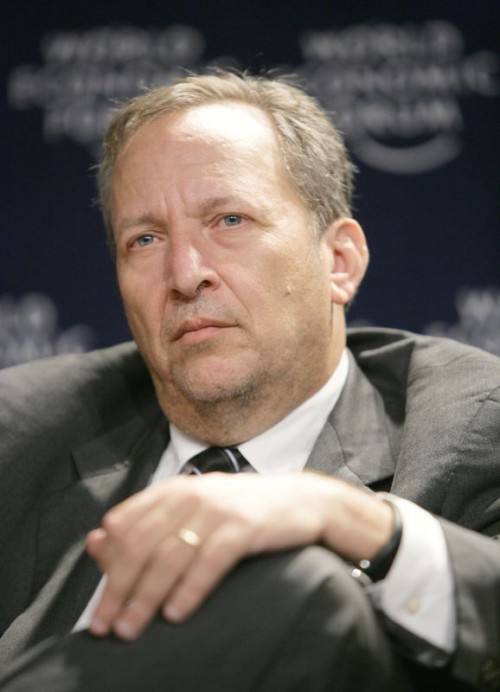
Stephen Trachtenberg, president emeritus of George Washington University in Washington, D.C., described the network as a group of concerned academics who “have devoted themselves to making it possible for people from all points of view” to speak candidly and without disruption.
“We ourselves are critical of Israel. We don’t claim perfection for Israel and no one expects us to do that,” stated Trachtenberg. “We’re not afraid of fair criticism of Israel.”
Henry Srebrnik is a professor of political science at the University of Prince Edward Island.
